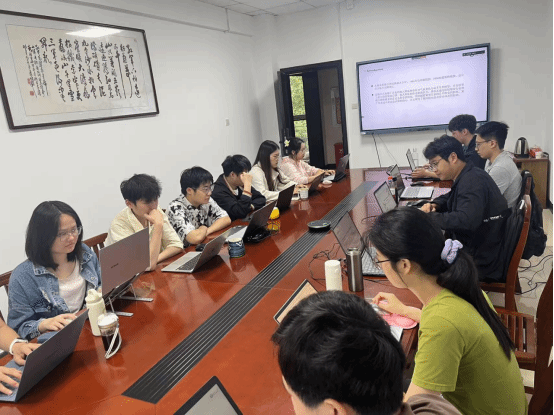时间:2025年6月22(周日)9:00
地点:气候变化与能源经济研究中心会议室
Paper1:余文珺 The price of carbon risk: Evidence from the Kyoto
Protocol ratification
摘要:We examine the price of carbon risk using the Kyoto Protocol ratification (hereafter KPR) committed by the Australian government in December 2007. We find that, in the post-KPR period, firms with high carbon emissions experience a substantial increase in the costs of debt and equity relative to those firms with a lower carbon footprint. Moreover, after the KPR, carbon emitters are less likely to be financed by major banks and more likely to borrow from new lenders. When conducting seasoned equity offerings, carbon emitters are more willing to use underwriting services rather than rights offerings.
Paper2:王瀚铤 Energy–poverty–inequality SDGs: A large-scale household analysis and forecasting in China
摘要:Affordable and clean energy, eliminating poverty, and reducing inequality are important goals of the United Nations Sustainable Development Goals (SDGs). This paper exam�ines the role of access to clean cooking fuels in promoting income growth and reducing income inequality. Using data from Chinese households, we show that a 10% increase in the adoption of clean cooking fuels would result in an increase in total annual household income of US$37 billion nationwide. Income growth from access to clean cooking fuels is greater for lower-income groups due to a shift to higher household income and reduced downward household income mobility, which contributes to a reduction in income inequality. The effect of access to clean cooking fuels on household income growth is primarily driven by improved health and increased labor supply. The use of clean cooking fuels also saves fuel collection time and cooking time, reducing time spent on household chores by about 0.4 h per day, thereby increasing labor supply in the job market and improving wage income. Improvements in income due to clean cooking fuels are influenced by external conditions, urbanization, education, employment opportunities, and good market conditions. With further promotion of clean cooking fuels, household income and inequality in China are expected to improve further by 2030 and contribute more widely to human well-being and achievement of the SDGs.
